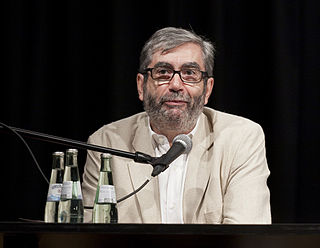A Quote by Nathaniel Branden
Between the ages of 24 and 27, I read Freud's complete works, everything that had been translated into English. It was very stimulating intellectually. But I did not accept his view of neurosis or of human nature.
Related Quotes
The idea that boys want to sleep with their mothers strikes most men as the silliest thing they have ever heard. Obviously, it did not seem so to Freud, who wrote that as a boy he once had an erotic reaction to watching his mother dressing. But Freud had a wet-nurse, and may not have experienced the early intimacy that would have tipped off his perceptual system that Mrs. Freud was his mother. The Westermarck theory has out-Freuded Freud.
Nature is purposeless. Nature simply is. We may find nature beautiful or terrible, but those feelings are human constructions. Such utter and complete mindlessness is hard for us to accept. We feel such a strong connection to nature. But the relationship between nature and us is one-sided. There is no reciprocity. There is no mind on the other side of the wall.
In fact, many of the quotes in my books are quotes which were translated from English and that I read already translated into Spanish. I'm not really concerned with what the original version in English was, because the important thing for me is that I received them already translated, and they've influenced my original worldview as translations, not as original quotations.
There was - there still is - a big shortage of good Chinese-English literary translators. So for two years in London, I was stuck waiting, not writing, with several Chinese books I couldn't get translated. That's when I decided to write in English, since I had been living here and had decided to reconstruct my life here. Even if I wrote in broken English, it was better than getting bored and weary and bitter on the long queue of authors waiting to be translated by a stranger.
I had been reading about [John] Calvin for years and had been studying the English Renaissance for many more years, and it had never occurred to me to think of them together. I learned that Calvin was the most widely read writer in England in Shakespeare's lifetime. He was translated and published in many editions.
As I read 'The Infinities', with its magical, playful richness, its sensuous delight in the power of language to convey the strangeness and beauty of being human, I wondered if J. M. Coetzee, with his bleak, pared-down, elemental view of the world, had ever read a Banville and, if he had, whether he had envied him his astonishing powers.






































